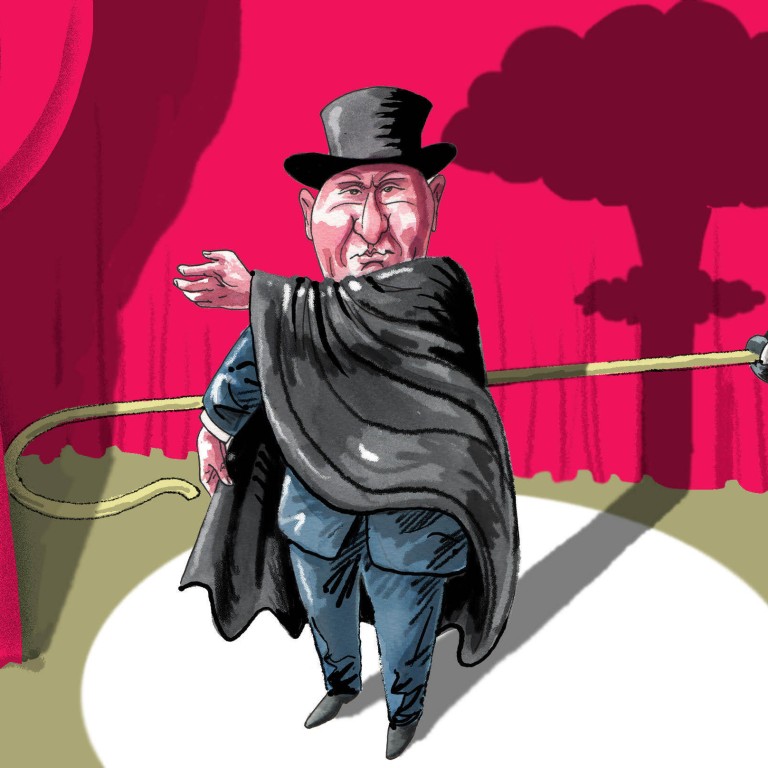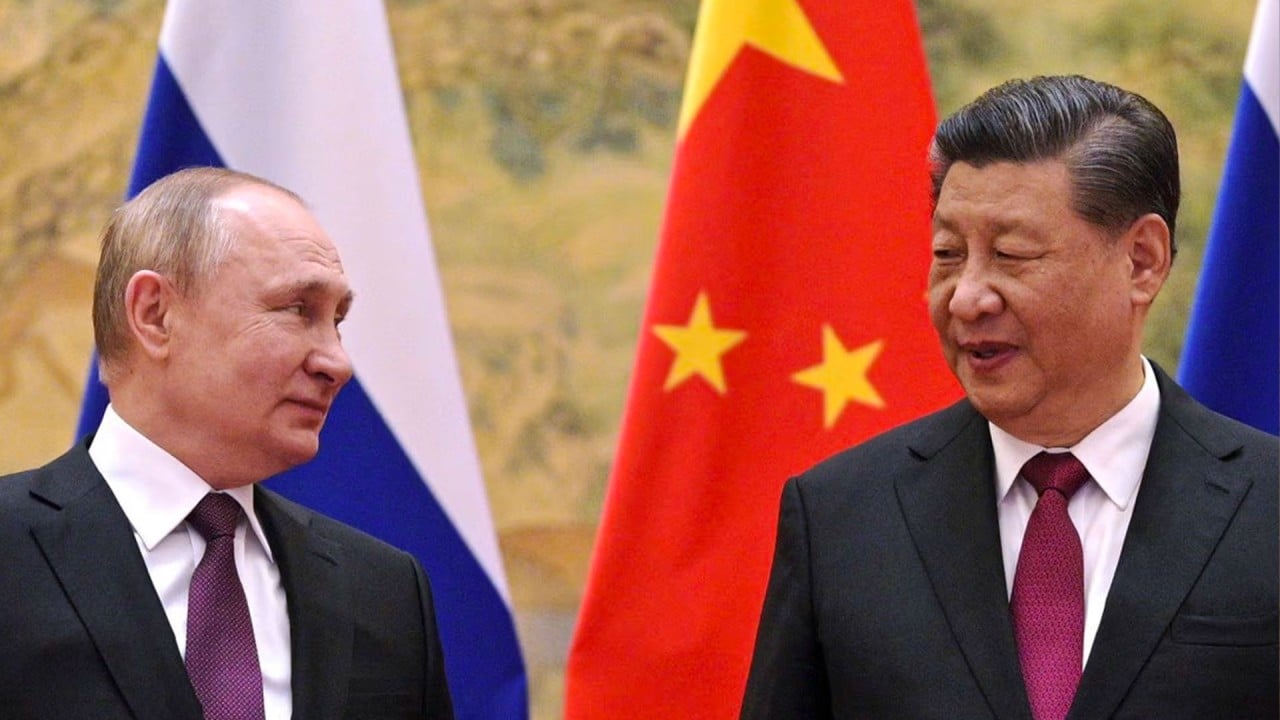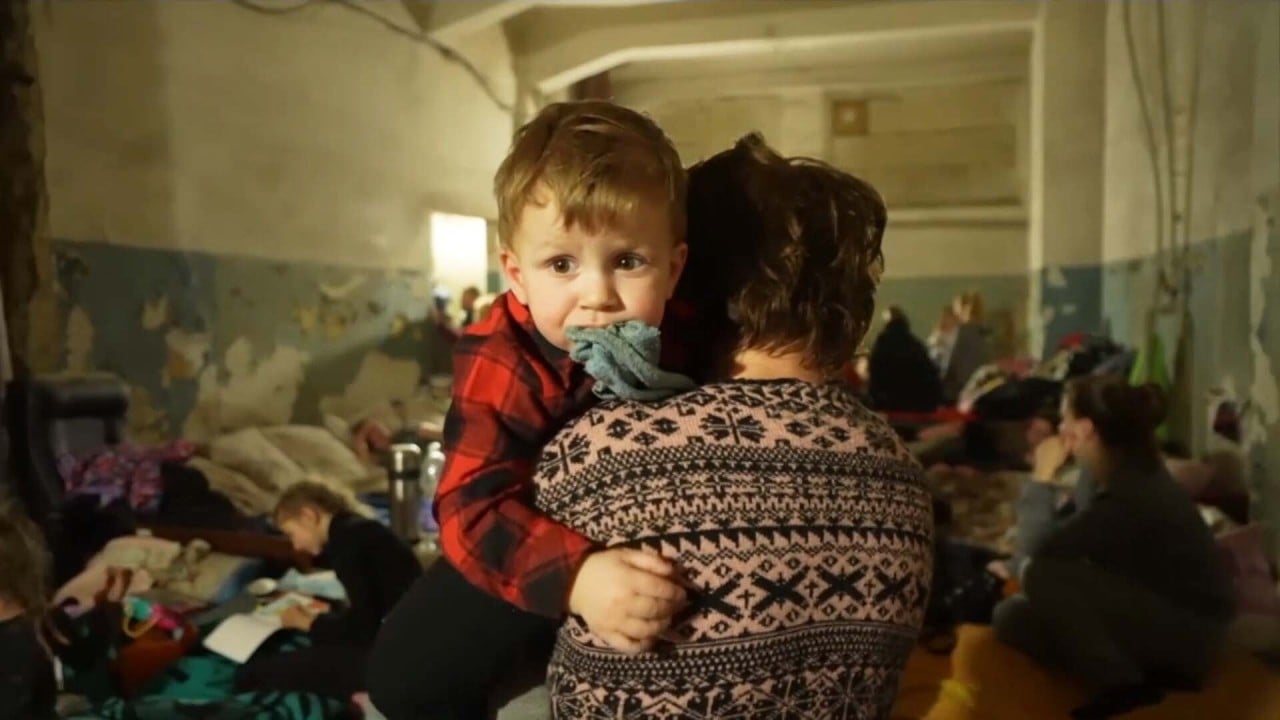
Ukraine crisis calls for China to take part in a daring diplomatic intervention
- China has staked out a position ambiguous enough to allow quick movement away from the perception of complicity with Moscow
- Clear thinking by Beijing is of the utmost importance to end Russia’s shelling of Ukraine and to keep the world from tipping into nuclear catastrophe
China need not rush, of course, but it should not hesitate to separate itself from what clearly is wrong. Recalibrating its Russia policy might not even be as torturous for Beijing as it might seem.
From the outset, China was tepid about the invasion, though not openly anti-war. Weeks ago, Foreign Minister Wang Yi laid out the tentative template, saying: “The current situation is not what we want to see.” Day after day, that line has held.
China should not backtrack from that obvious but helpful insinuation by hiding behind some relativistic blind or moaning anew about a past century’s humiliations by the West. What’s more, reminding the world of the US invasion of Iraq in 2003, pursued without United Nations Security Council authorisation, hardly lessens the infamy of Russia’s Ukrainian spetsoperatsiya of 2022.
Clear thinking by Beijing is now of the utmost importance. In a speech in 1945, Albert Camus made a heartfelt plea for humanity to reject the gross downsizing of absolute values for short-term reasons of social engineering or, worse, the absolutism of racial or ethnic superiority.
The French journalist, philosopher, novelist and playwright insisted: “We must preserve intelligence … A few years ago, when the Nazis had just taken power, [Hermann Goering] would give a true idea of their philosophy by declaring: ‘When people talk to me about intelligence, I take out my revolver.’ And that philosophy spread beyond Germany.”
Without a persistent intelligence in regulating the conduct of nations, a peaceful and stable world order is inconceivable.
Ukraine war leaves India’s Modi walking a fine line between US and Russia
Putin’s state of mind is of immense concern if he is so sure of being right about his Ukraine “special operation” that he would risk even one chance in a hundred of bringing the world closer to nuclear catastrophe. That is not thinking, it is curling up and rolling everyone towards immolation.
China is changing, and in ways the Chinese themselves might not understand. Like it or not, China is a central player in the 21st century. It can be forgiven an abstention at the Security Council, but it cannot expect that the world will believe its sincerity when the spectre of World War III surfaces unless it does something special.
Camus put this matter bluntly, in statements that have implications for nation-states that truly believe in the need for a shared world of peace and stability.
He noted that “man’s strongest temptation is the temptation of inertia” but “no man can die peacefully if he has not at least once risked his own life and that of others, and if he has not done what is necessary for the overall human condition to be made as peaceful as possible.” We must avoid “the world of silence; in other words, the world of violence”.
LMU Clinical Professor Tom Plate authored Understanding Doomsday (Simon and Schuster), an early study of nuclear war. He is vice-president of the Pacific Century Institute, a pro-peace non-profit.



